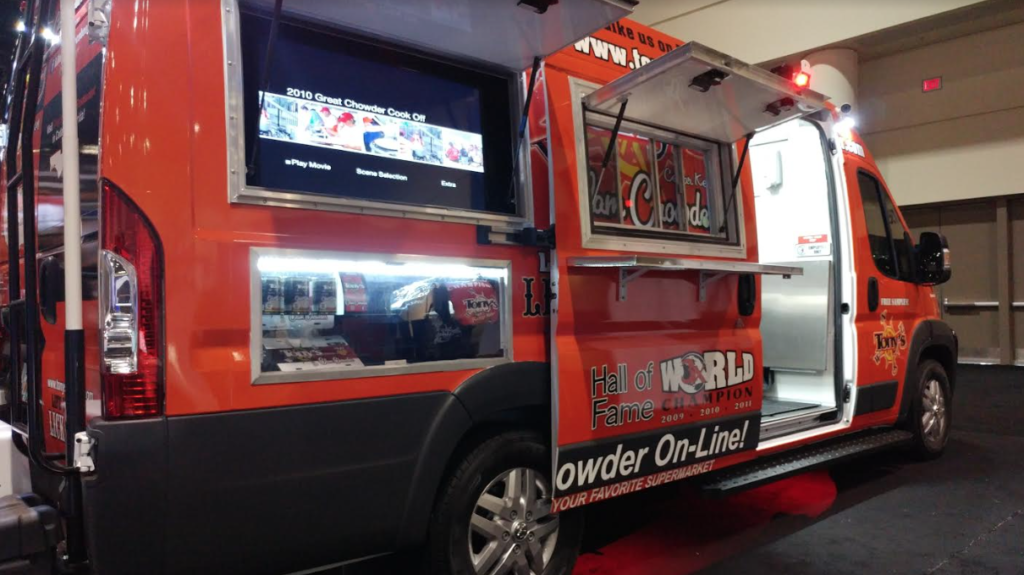The 2018 deadline for submitting your business or personal income taxes in the United States is nearly upon us. In 2018, the deadline for submitting these taxes to the Internal Revenue Service (IRS) is April, 17th. This date is even labeled as Tax Day on most calendars. Depending on your situation this date is something you dread or is just another day because you filed your taxes in advance over a month ago.
No matter what end of this spectrum you find yourself at, as Tax Day moves closer people have questions about the tax code and law. One frequently asked question we’ve seen is whether or not food trucks really need to pay taxes? We aren’t sure how this rumor came to be, but it’s not true. Food trucks are obligated to pay taxes just like any other registered business.
Believe it or not there is no food truck loophole in the tax code that we could find. If your goal is to somehow avoid taxes by starting a food truck it won’t work in any territory within the United States. You’ll be obligated to pay Uncle Sam his fair share just like everyone else.
It’s unclear how the rumor that food trucks don’t need to pay taxes came to be. It could be an idea that goes back to the old roach coaches of years past that would serve questionable food without a business liscense. It could also be yet another misunderstanding about the food truck industry. Either way, food trucks, concession trailers and other vendors are required to pay their fair share of taxes to the government.

Tony’s Clam Chowder built by M&R Specialty Trailers and Trucks
While you can’t avoid paying taxes by starting a food truck there are some basics you can do to reduce your tax burden at the end of the year:
State Taxes: Where you live makes a big different in how much you pay in taxes each year with a food truck. States like Nevada and Florida have no state income tax at the time of writing. On the other hand states like Minnesota and California have an income tax of well over 6%, which can really eat into profit for a small business.
Business Expenses: Many of the costs associated with operating a food truck business can be written off as legitimate business expenses. Some common examples of expenses will include mileage to travel to different vending locations. Also any wages paid to employees or investments made into new cooking equipment can be listed here. The simplest way to track your business expenses is to have an account or credit card that is only used for business purposes. This will make it easier to download the charges you made in the previous business year from your bank’s website. Make sure to keep as many receipts as possible as a record of purchases.
One thing to keep in mind is that we are not tax professionals so don’t take this a legal tax advise. You should always consult a certified professional that can provide guidance based on your situation and goals. With that being said the above tips are all smart ideas to bring up to your tax professional to see how they apply to your business.
